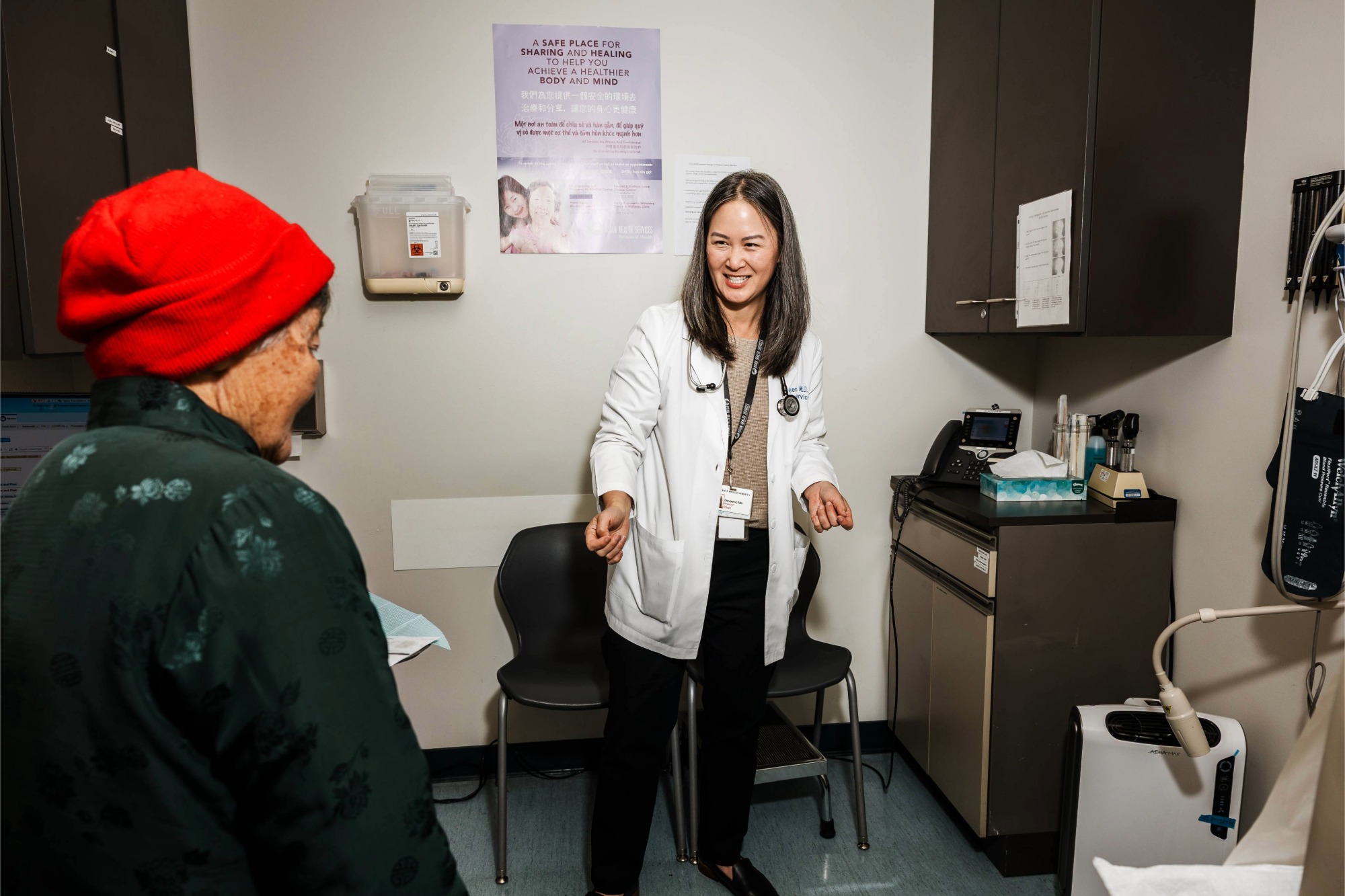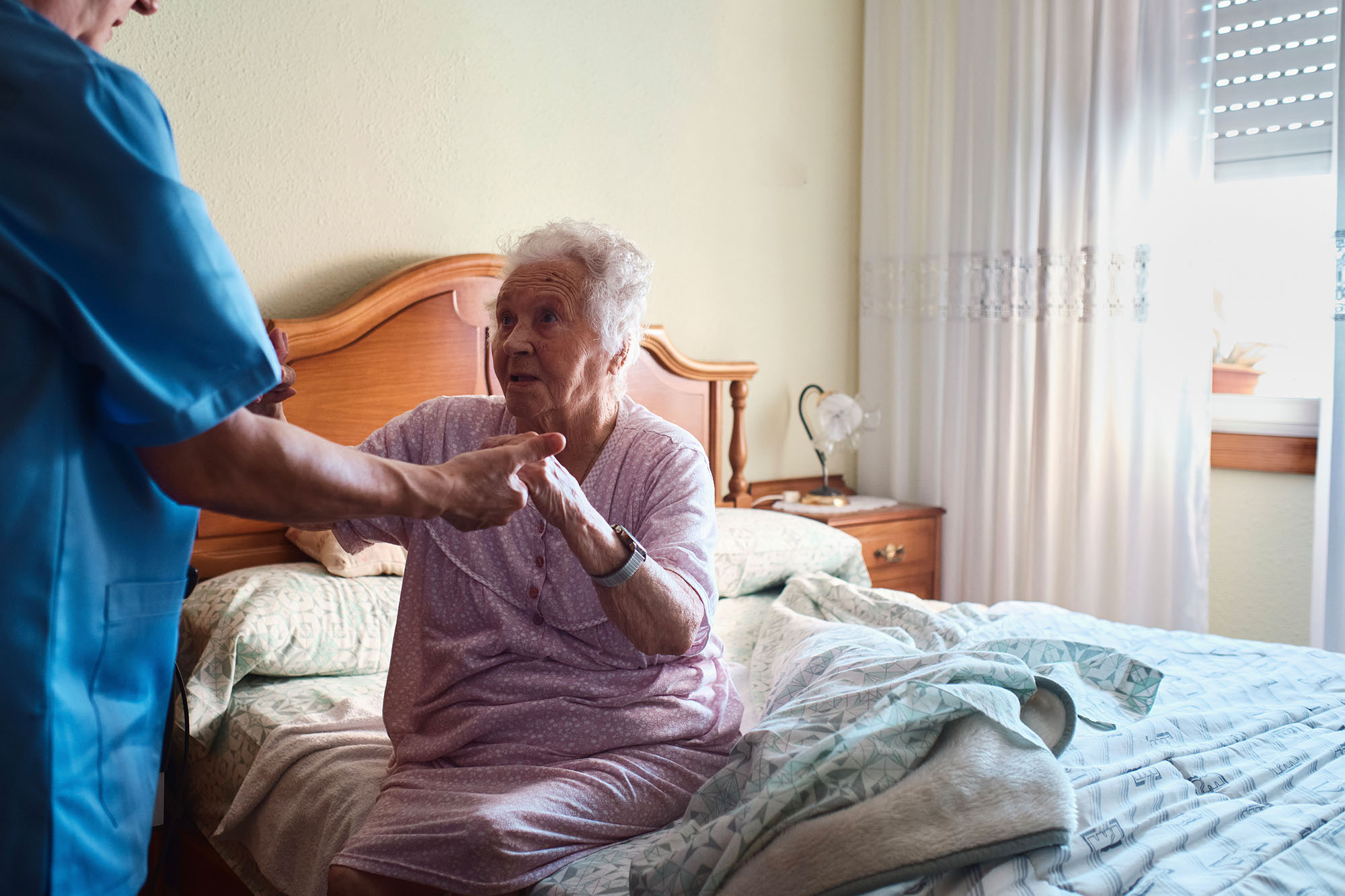Demonstrating value requires a strong evidence base to describe the full range of palliative care impacts on patients, families, providers, and health care systems. The ability to show value was one of the key drivers for passing SB 1004 and is still a persuasive lever that can motivate nonmandated payers to offer palliative care. The value case is also critical for palliative care programs operating in health systems and medical groups to secure the resources they need to sustain, improve, and expand services.
Palliative care leaders in California and across the nation have worked thoughtfully and diligently to contribute to the evidence base for inpatient, outpatient, and home-based palliative care. Multiple studies show palliative care improves patient symptoms, quality of life, and patient and family satisfaction. It promotes greater clarity in patient goals of care, helps reduce avoidable hospitalizations and emergency department visits, and moderates overall health care costs. Selected studies that have measured these impacts are presented in “Selected Literature Demonstrating the Effectiveness of Palliative Care Programs.”
Selected Literature Demonstrating the Effectiveness of Palliative Care Programs
| domain | impact | sources |
|---|---|---|
| Inpatient Palliative Care | ||
| Health/Clinical Outcomes | Patients cared for by consultation services in public and private hospitals had improvements in pain, nausea, dyspnea, and anxiety. | Carin van Zyl et al., “Doing More with the Same: Comparing Public and Private Hospital Palliative Care Within California,” Journal of Palliative Medicine 25, no. 7 (June 29, 2022): 1064–71. |
| Patient/Family Experience | Almost all family caregivers (95%) surveyed by phone said they would recommend the palliative care (PC) service. | Sean O’Mahony et al., “The Benefits of a Hospital-Based Inpatient Palliative Care Consultation Service: Preliminary Outcome Data,” Journal of Palliative Medicine 8, no. 5 (Oct. 20, 2005): 1033–39. |
| Cost of Care | Costs were 28% lower among PC recipients, compared to usual care. | Peter May et al., “Economics of Palliative Care for Hospitalized Adults with Serious Illness: A Meta-Analysis,” JAMA Internal Medicine 178, no. 6 (June 1, 2018): 820–29. |
| Outpatient Palliative Care | ||
| Health/Clinical Outcomes | Patients receiving early PC along with standard oncologic care had better quality of life, fewer depressive symptoms, less aggressive end-of-life care, and longer lives than similar patients receiving usual care. | Jennifer S. Temel et al., “Early Palliative Care for Patients with Metastatic Non-Small-Cell Lung Cancer,” New England Journal of Medicine 363, no. 8, (Aug. 19, 2010): 733–42. |
| Patient/Family Experience | Palliative care was associated consistently with improvements in patient and caregiver satisfaction, along with improvements in advance care planning and lower health care utilization. | Dio Kavalieratos et al., “Association Between Palliative Care and Patient and Caregiver Outcomes: A Systematic Review and Meta-Analysis,” JAMA 316, no. 20 (Nov. 22/29, 2016): 2104–14. |
| Cost of Care | Cancer patients receiving early (mostly clinic-based) PC had lower rates of emergency department, hospital, and intensive care unit use, and hospital costs were lower, compared to patients who received later PC. | Colin Scibetta et al., “The Costs of Waiting: Implications of the Timing of Palliative Care Consultation Among a Cohort of Decedents at a Comprehensive Cancer Center,” Journal of Palliative Medicine 19, no. 1 (Jan. 2016): 69–75. |
| Home-Based Palliative Care | ||
| Health/Clinical Outcomes | Patients cared for by a home-based palliative care service showed improvement in anxiety, appetite, dyspnea, well-being, depression, and nausea. | Christopher W. Kerr et al., “Clinical Impact of a Home-Based Palliative Care Program: A Hospice-Private Payer Partnership,” Journal of Pain and Symptom Management 48, no. 5 (Nov. 2014): 883–92. |
| Patient/Family Experience | Patients randomized to home-based palliative care reported greater improvement in satisfaction with care at 30 and 90 days after enrollment, compared to those who received usual care. | Richard Brumley et al., “Increased Satisfaction with Care and Lower Costs: Results of a Randomized Trial of In-Home Palliative Care,” Journal of the Amer. Geriatrics Society 55, no. 7 (July 2007): 993–1000. |
| Cost of Care | Total costs of care for patients who received home-based PC were 49% to 59% lower than costs for a matched cohort of patients that received usual care. | J. Brian Cassel et al., “Effect of a Home-Based Palliative Care Program on Healthcare Use and Costs,” Journal of the Amer. Geriatrics Society 64, no. 11, (Nov. 2016): 2288–95. |
Resources from the Field
- Evaluating Fiscal Outcomes for Inpatient Palliative Care (CHCF)
- Making the Case for Inpatient Palliative Care (CHCF)
- Evaluating Fiscal Outcomes for Outpatient Palliative Care (CHCF)
- Making the Case for Outpatient Palliative Care (CHCF)
- The Case for Community-Based Palliative Care (Center to Advance Palliative Care)
- Studies of Home-Based Palliative Care Economic Outcomes (PDF) (Coalition for Compassionate Care of California)
For full source information, see California’s Palliative Care Evolution — Drivers of Progress in Advancing Palliative Care (PDF).






